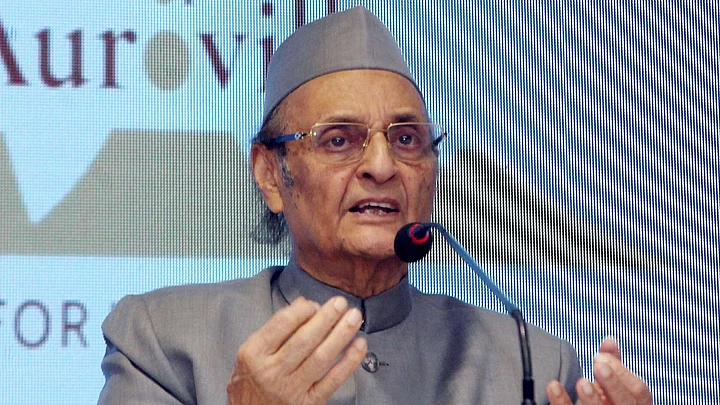Senior Congress leader Karan Singh is the latest addition to the list of people who have taken a stand different from that of the party with respect to the Centre’s recent moves in Jammu & Kashmir.
Singh, in a statement, has said he does not agree with a blanket condemnation of the government's decision and has pointed out what he thinks are “positive points”.
Singh’s stand holds significance as his father Hari Singh was the last ruler of J&K and had signed the terms of Kashmir’s accession in 1947. Karan Singh himself was the only Sadr-e-Riyasat (President) of the state.
J&K had its own prime minister and sadr-e-riyasat until 1965, when the J&K Constitution was amended (Sixth Constitution of J&K Amendment Act, 1965) by the then Congress government, replacing the two positions with that of chief minister and governor respectively.
What are the Positives According to Karan Singh?
In his statement reported by news agency PTI, Singh said, “Ladakh's emergence as UT is to be welcomed... The gender discrimination in Article 35 A needed to be addressed as also the long-awaited enfranchisement of West Pakistan refugees and reservation for Scheduled Tribes will be welcomed.”
He also backed the fact that the bifurcation of the state means there will be delimitation in future. "There will be a fresh delimitation which, for the first time, will ensure and fair division of political power between the Jammu and Kashmir regions."
He also said the creation of Ladakh as a Union Territory was something he had suggested way back in 1965 as the sadr-e-riyasat.
On the Way Forward...
Singh, however, refrained from directly opposing or backing the abrogation of the provisions of Article 370, which repealed J&K's special status.
He called for a political dialogue in the Valley and said the two main parties: Peoples Democratic Party and National Conference of Kashmir should not be called "anti-nationals".
“With regard to Kashmir, where a broad spectrum of people may be feeling mortified, I feel it is important for the political dialogue to continue. It is unfair to dismiss the two main regional parties as being anti-national. I would urge that leaders of legitimate political parties in Kashmir be released and a broad-based political dialogue initiated with them," the former Congress minister said.
He also said efforts should be made to restore full statehood for Jammu and Kashmir as soon as possible so that “people can at least enjoy political rights available to the rest of the country”.
(With inputs from PTI)
(At The Quint, we question everything. Play an active role in shaping our journalism by becoming a member today.)
